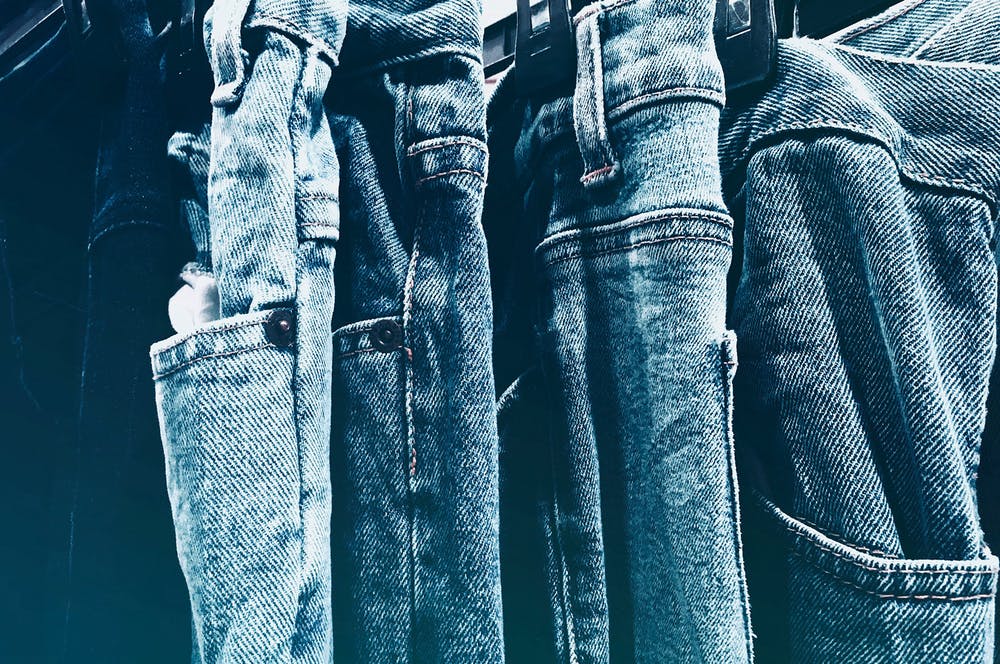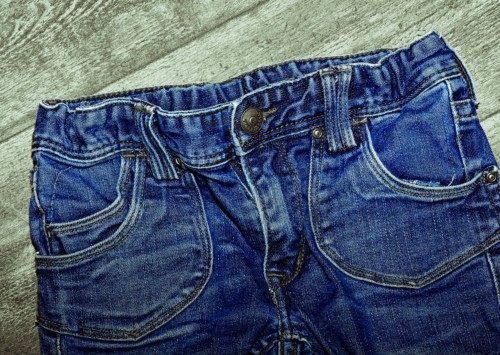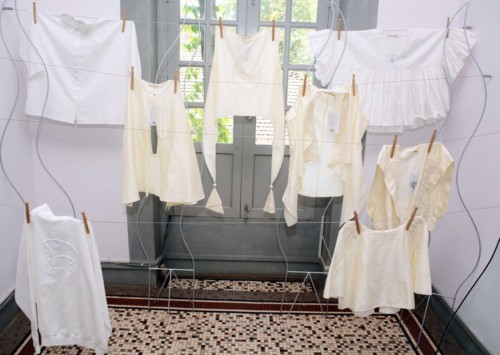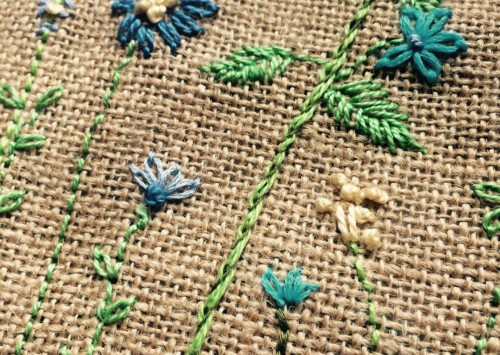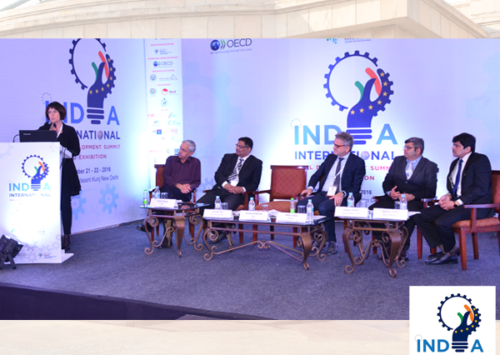Eco-friendly jeans may be the future of sustainable living
Denim jeans – whether ripped, straight, flared, vintage or raw – is one of the most adorned garment, but little does anyone know that from its fibre to wardrobe life, the good ol’ jeans has a considerable ecological footprint.
The denim industry is bad business when it comes to its effects on the environment, with up to 2,000 gallons of water used to make a single pair. Not to mention the huge amounts of pesticides from cotton production and the toxins associated with the synthetic dyeing process.
Bringing a change in the process of manufacturing
Arvind Ltd, previously known as Arvind Mills Ltd, a 150-year-old apparel manufacturing company and one of the largest denim producers in India, plans to reduce its water footprint by over 95 pc to make jeans from denim fabric. The Zero Liquid Discharge (ZLD) technology is implemented at Arvind Denim’s Effluent Treatment Plant (ETP), with a capacity to treat 17,500 million litres per day (MLD) of textile effluent. The effluent is fully recycled and used in the process to replace the use of freshwater.
Supplier to international brands like Tommy Hilfiger, Calvin Klien, Gap, Levi’s, VF Corp, Lee, Wrangler, H&M, and Hugo boss, the company also has its own in-house brands like Flying Machine. It manufactures over 100 million metres of fabrics and six million pairs of jeans, according to the company’s website.
To cater to the evolving demand of the customer and the environment, sustainable denim brands have come into existence. From futuristic denim technology brands like e-indigo, chrome chord, Indie-Jeans, hybrid chinos, to handloom ones like Ikat, denim is witnessing a revolution in terms of aesthetics and accessibility.
Some of the biggest names in fashion and online websites like Myntra have launched take-back programmes, in which you can donate your unwanted clothes, shoes, and even curtains. In some cases, shoppers get a coupon or discount on a future purchase. These initiatives have also helped in reusing the clothes by channelling the used ones, which would otherwise be lying in your cupboards, to the most needed ones. But as a denim-wearer you can make more sustainable choices by buying responsibly, extending your jeans’ life with gentle washing and choosing to repair and not replace.
Denims from ethical fabrics
One’s best bet to buy denims is to choose from the ones made from ethically-grown cotton. Checking if the brand is a member of the Better Cotton Initiative (BCI) — the BCI website lists all its members, and most brand websites mention if they’re members. Brands like Zara, H&M, Mango, and J.Crew are also extensively using Lyocell, instead of cotton denims, for their chambray garments, including jeans, shirts and jackets. Made from cellulose, Lyocell is biodegradable and in comparison with cotton and viscose, the Lyocell manufacturing process constitutes a significantly lower environmental burden. Besides, it’s a more breathable fabric, with higher absorbency. Its absorbing powers reduces the chance of developing sweat-related rashes and allergies.
Designers, who advocate sustainable clothing, say that it is because of all the changes in the Fashion trends and the rage to go green, that has led to khadi become the fabric of the year. The Khadi Utsav held last month in the state of Karnataka, showcased many brands and manufacturers on a small scale exhibiting their products made of khadi, out of which, one included Ballari Khadi jeans that sells jeans majorly made out of khadi.
Also, a the brand called Indie-Jeans is inspired by their in-house traditional handmade khadi fabrics which are hand spun, hand dyed and hand woven.

